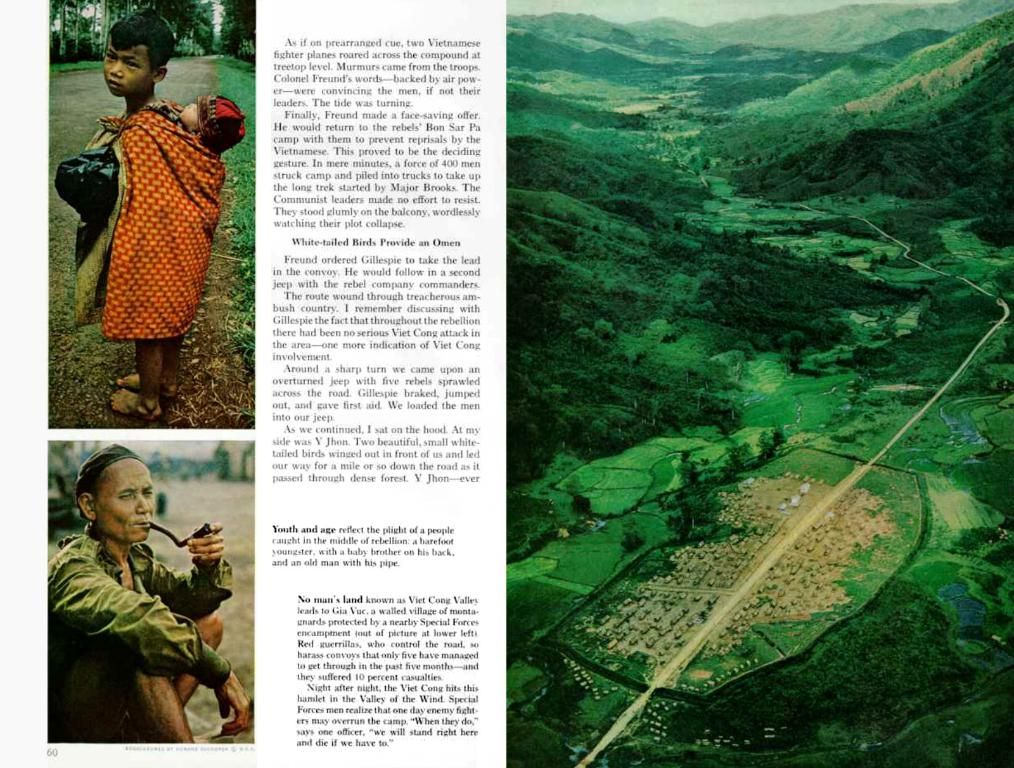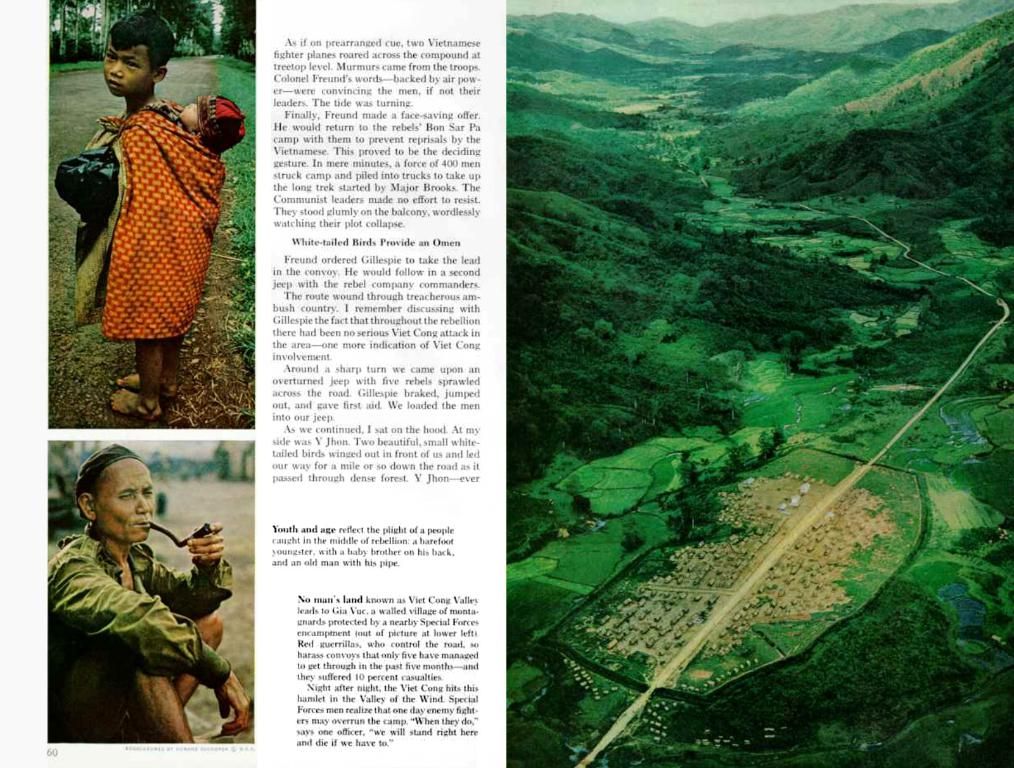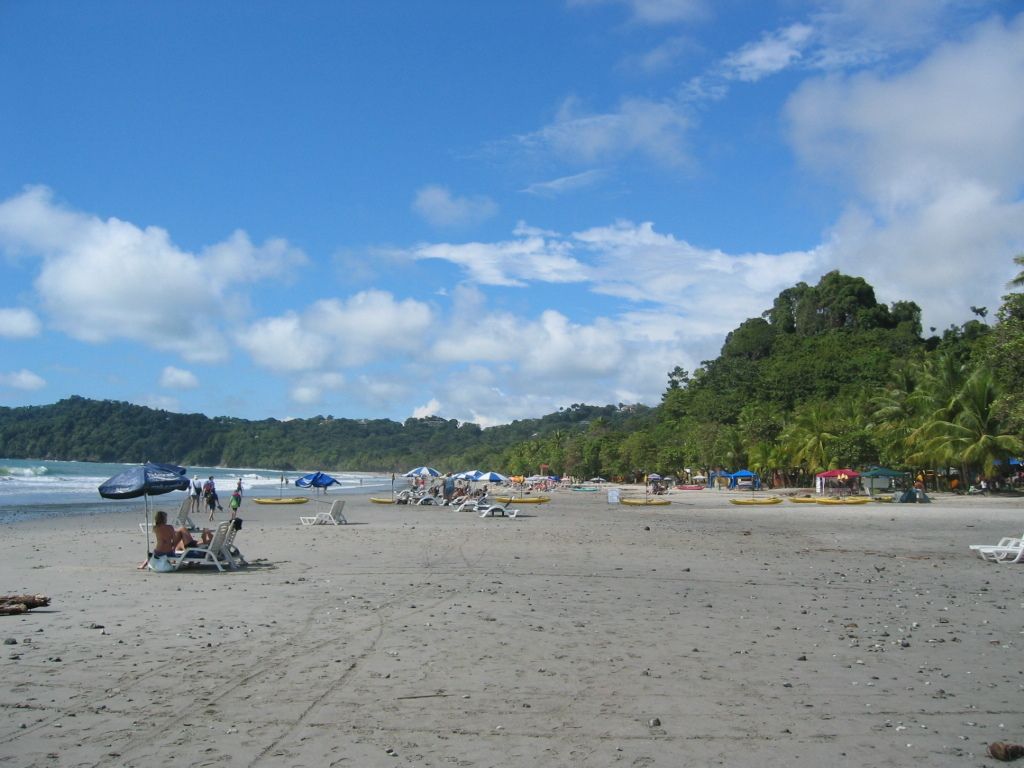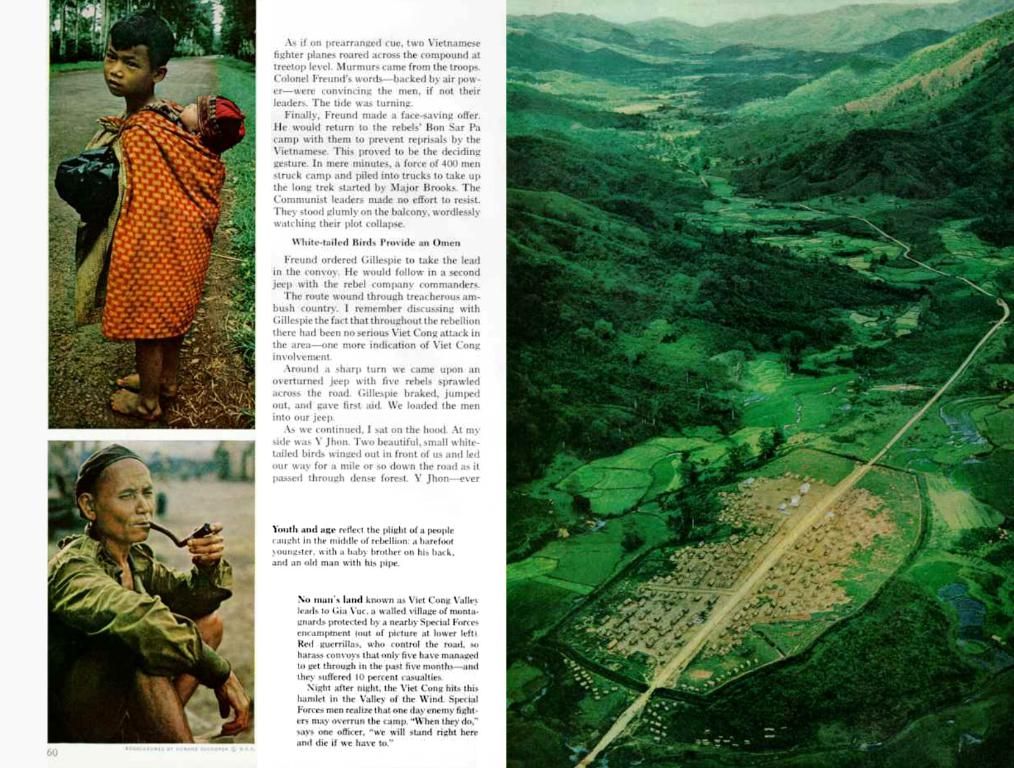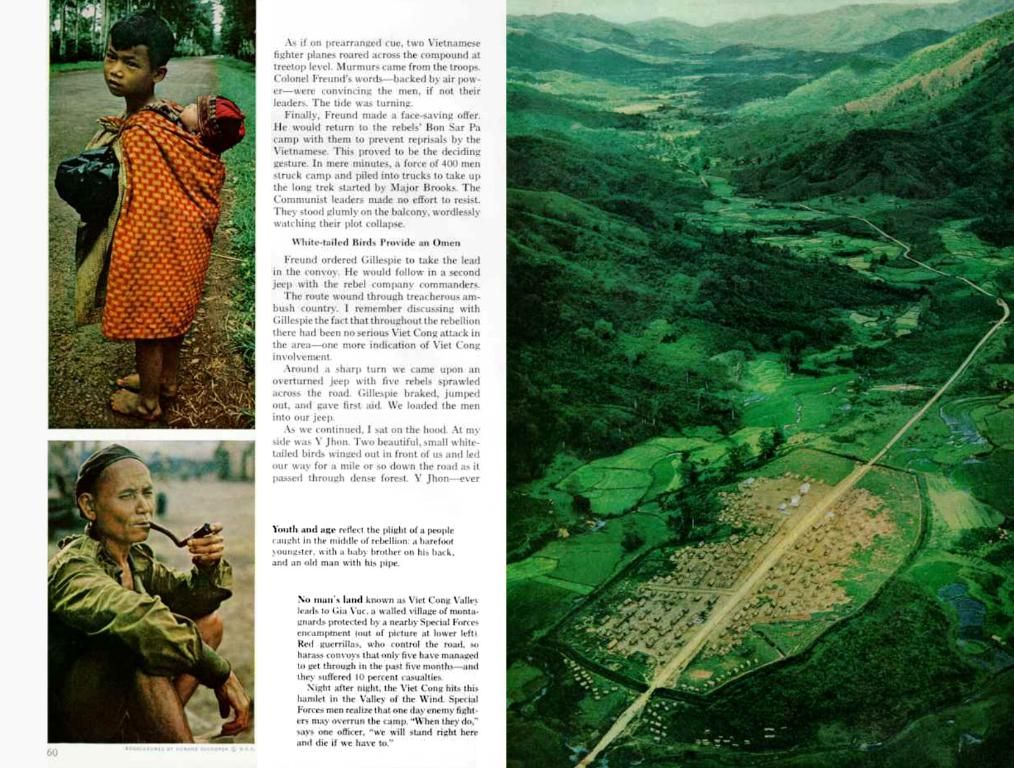Technology Empowerment by Kalpana Viswanath: Safeguarding Women Through an App - Exploring the Means that Enhances Women's Feeling of Safety
Going the Extra Mile for Women's Safety: The Story of Safetipin and Its Crusader
Kalpana Viswanath is a fearless trailblazer, transforming cities into safer havens for women. Her impactful work has earned her recognition as one of the most influential figures in gender policy, from prestigious publications such as Apolitical and the 2019 Remarkable Women of Transport Report. We sat down for an enlightening chat with Kalpana to discuss her brainchild - Safetipin, the issue of women's safety, and the journey towards creating feminist cities.
Her crusade for women’s safety began during her M.Phil. and PhD studies at the Delhi University, where she joined Jagori, a women's resource center in India. There, she spearheaded initiatives for creating safe cities for women and led the Safe Delhi Campaign in collaboration with UN Women. The campaign aimed to collect data, launch campaigns, and provide training to improve women’s and girls’ safety in Delhi.
In a bid to improve safety and help women overcome obstacles in the city, Kalpana and her team looked to safety audit tools used in Canadian cities and adapted them to the Indian context. In 2005, numerous safety audits resulted in a report that was shared with the Indian government, creating a wave of imperative action. "We reached out to many international groups for their safety audits. There were people in South Africa, in the UK and Australia, Canada. We sort of became part of the global community, looking at public spaces and their safety level," Kalpana explains.
Today, Kalpana works closely with city governments, offering guidance on developing programs to enhance safety in places like Tanzania and Argentina.
Breaking Ground with Safetipin
Although working on safety audits for many years, Kalpana found a turning point in 2013 after the Nirbhaya case, which shook India and highlighted the urgent need for addressing sexual violence and promoting safety. The spark ignited Safetipin’s creation – an innovative social organization aiming to make cities safer for women around the world.
Safetipin provides three services through apps to collect, present, and analyze data on safety issues in cities: My Safetipin, Safetipin Nite, and Safetipin Site.
The My Safetipin app helps users to submit data about safety concerns, such as insufficient lighting, and access existing data to determine the safety of certain areas. The app's user-generated data is invaluable for women worldwide, whether they're looking to rent a house or stay at a hotel.
The Safetipin Nite app collects photographs at nighttime and analyzes them to create a Geographic Information System (GIS) layer of city lighting, pavements, and other essential features. This information allows city governments to identify areas in need of improvement and make necessary changes.
Finally, the Safetipin Site app offers users the ability to perform location-specific assessments evaluating safety factors such as lighting and access to public transportation.
Spreading the Light Beyond Borders
My Safetipin has garnered global attention, especially in the aftermath of tragic events like the Sarah Everard case in the UK. However, the app serves not only individual women but also functions as a powerful advocacy tool for change. Many cities have already seen improvements in their last-mile connectivity, metro and bus station safety, and street lighting, thanks to Safetipin’s data and relentless advocacy.
Kalpana stresses the importance of addressing the needs of the majority, as the number of women in India owning private vehicles is less than 10%. "We have to address the needs of the vast majority, not the minority who have a car," she emphasizes.
Living Without Fear: A Journey Towards Feminist Cities
Fear is a pervasive issue for women around the world, particularly when it comes to navigating public spaces. Kalpana explains that the root of the problem lies not only in violence but also in the fear of violence. "Violence is part of the problem; the bigger problem is the fear of violence," she states. Kalpana strongly advocates for men's education to create a more inclusive and safe environment for women. "We have to change the man because women already know what they want. We have to create a different kind of model for men to grow up to."
In Kalpana's vision, a feminist city is one that is walkable and achieves better recognition of care work – tasks often performed by women. "A feminist city to me is a really conceptual idea. It's not just putting up lights. It's really changing the way that we understand the public domain as something that is a shared space that everyone has the right to use, nobody has more of a right."
Kalpana's leadership has played a significant role in spearheading the movement for women’s safety and shaping the future of urban planning. Her dedication, innovative approach, and powerful message continue resonating with individuals and governments worldwide, paving the way towards a safer future for women everywhere.
Through her innovative organization Safetipin, Kalpana Viswanath strives to utilize technology to make cities safer for women around the globe. Safetipin provides three apps – My Safetipin, Safetipin Nite, and Safetipin Site – that allow users to submit, analyze, and access safety data about their cities, aiming to help women make informed decisions and advocate for change.
